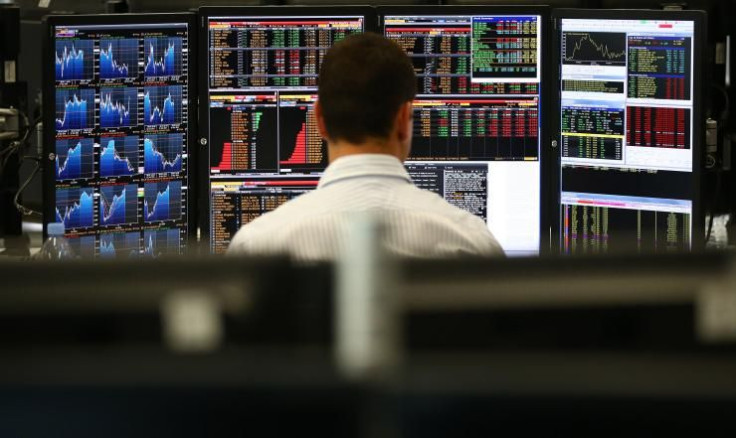Prominent Chicago Trading Firm Charged With 'Spoofing'

U.S. regulators are hitting Chicago trader Igor Oystacher and his firm 3Red Trading LLC with charges of manipulating several futures markets. The charges follow a yearslong Commodity Futures Trading Commission investigation of Oystacher's alleged use of a disruptive trading technique known as spoofing.
The alleged manipulation is outlined in a criminal complaint unsealed Monday by the CFTC, which describes the firm placing large numbers of orders on one side of a futures trade to the extent that the price moves, then canceling the orders and quickly trading on the artificial price difference.
According to the complaint, Oystacher was often the single largest trader in contracts for Standard & Poor's 500 futures, natural gas futures and copper futures, among other contracts, "despite the presence of thousands of other traders in these markets." The complaint describes 3Red carrying out more than 5,000 spoof orders from December 2011 to January 2014, involving nearly 360,000 underlying contracts -- orders that were usually canceled in less than a second.
Regulators have put increasing effort into cracking down on spoofing in futures markets, an activity that raises regular complaints among other market participants. Though the practice goes back decades, new technologies have given traders the power to engage in high-intensity spoofing that has the potential to shake markets. The CFTC claimed the effects of Oystacher's alleged trading strategies "pose a serious threat to the integrity of the markets for these futures contracts."
In April the U.S. Justice Department charged Navinder Sarao, an obscure British trader, with spoofing S&P 500 futures on the day of the so-called flash crash, a market disturbance that saw $1 trillion of value disappear in a matter of minutes. Federal regulators, including the CFTC, suggested Sarao's alleged trading that day helped trigger the market gyrations, a contention that some have criticized. Sarao is just one of a handful of traders to have been charged over the practice.
The exchanges where spoofing occurs most frequently also are attempting to root out the practice. Oystacher had previously paid fines totaling more than $250,000 to the Chicago Mercantile Exchange and Intercontinental Exchange Inc. over disruptive trading allegations. The firm also is embroiled in a lawsuit with a former minority owner.
In a statement, 3Red compliance officer Greg O’Connor said: "The charges are completely without merit. The CFTC has over-simplified complex trading and is now trying to classify legitimate trading and risk management as a market infraction. We stand behind the trading at issue as it does not contradict available guidance nor violate the law. Our firm cooperated with the CFTC throughout its four-year review with the belief that a fair evaluation of the facts would convince the Commission that no charges should be filed. We now look forward to presenting our case before the Court."
© Copyright IBTimes 2024. All rights reserved.






















